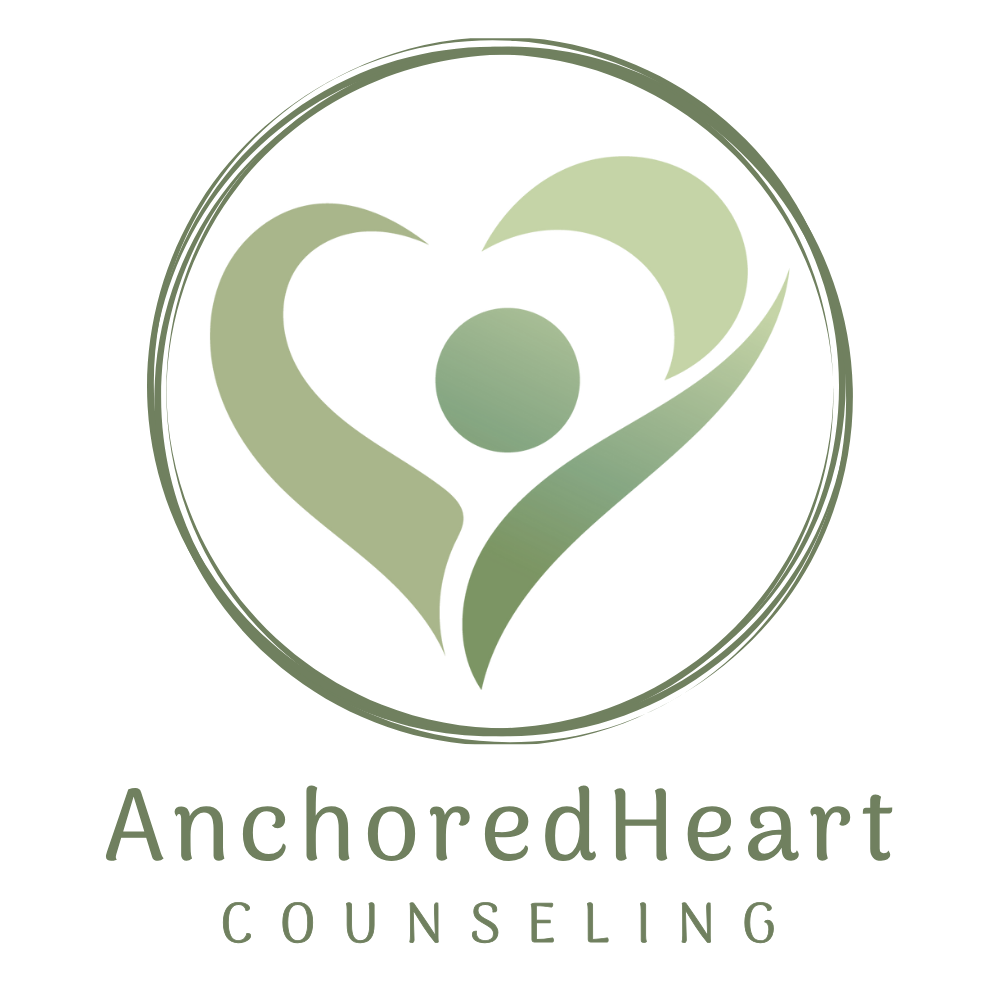By Chelsea McDonald — Christian Therapist & OCD Specialist
If you live with Obsessive-Compulsive Disorder (OCD), you may have tried to explain it like this:
“It feels like a dark cloud that never lifts.”
“It’s like a demon whispering lies in my ear.”
“It’s mental torture — and the more I try to stop thinking, the worse it gets.”
You’re not imagining it. OCD can feel like an invisible force pulling you into constant anxiety, guilt, and mental exhaustion. And yet — so many people suffer in silence, unsure of what’s really happening inside them, or feeling too ashamed to speak.
Let me tell you something important: OCD is not your fault. And you’re not alone. After years of working with clients who have OCD, I’ve heard every intrusive thought, image or urge.
What OCD Really Is (and Isn’t)
At its core, OCD is not just about washing hands or lining things up. It’s a neurobiological disorder rooted in anxiety, characterized by:
- Obsessions – unwanted, intrusive thoughts that feel scary or “wrong”
- Compulsions – mental or physical rituals meant to reduce anxiety or prevent something bad
I mentioned dialogue earlier in the title for a reason. OCD is between you and this alternate self that you’re afraid you will turn into or become. OCD has many tricks, but basically wants to protect you. Yes, protect you. OCD’s method tricks your brain into believing that thinking something is the same as doing something — and then demands you act to “neutralize” the thought. Hence, protection.
For example:
- A Christian may fear they’ve offended God or committed an unforgivable sin (scrupulosity).
- A parent may have intrusive thoughts of harming their child (which horrifies them).
- A teen may obsess over whether they’re “bad” for thinking something disturbing.
These are not character flaws. They are brain-based distortions that latch onto what you care about most — your faith, your morals, your safety, your relationships.
